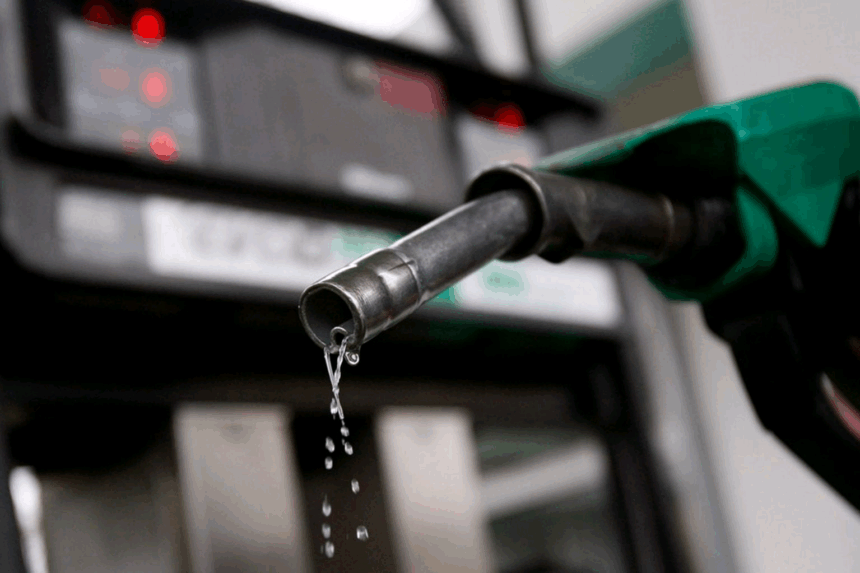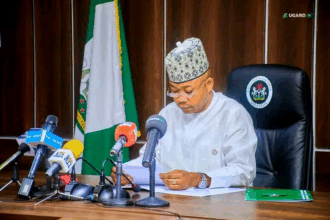-
Fresh 15% import duty on petrol and diesel to raise prices by nearly ₦100 per litre.
-
Policy aimed at protecting local refineries like Dangote and NNPCL Labour, marketers, and industry experts warn Nigerians will bear the cost.
The Federal Government’s approval of a new 15 percent import duty on petrol and diesel has triggered a wave of reactions across the country, as Nigerians brace for another surge in pump prices.
President Bola Ahmed Tinubu gave the directive last week, paving the way for implementation in the coming weeks. Analysts say the new policy will add about ₦99.72 per litre to the current cost of imported fuel, potentially pushing petrol prices in Lagos to ₦964.72 and even higher in Abuja and other parts of Nigeria.
According to the Federal Inland Revenue Service (FIRS) Chairman, Dr Zacch Adedeji, the import tariff is designed to encourage local refining and end Nigeria’s heavy reliance on imported petroleum products.
“This is a bridge, not a burden. It will protect domestic refineries and strengthen local capacity,” presidential spokesperson Sunday Dare explained.
Industry experts, however, say the policy may have both benefits and drawbacks.
The Chief Executive Officer of Financial Derivatives Company, Bismark Rewane, described the duty as “a good move to promote local production,” while the Centre for the Promotion of Private Enterprise (CPPE) agreed that it would shield Dangote and NNPCL refineries from foreign competition.
But some stakeholders are warning that ordinary Nigerians will pay the price.
APC chieftain and businessman Ayiri Emami criticised the decision.
This kind of policy will not hurt marketers—it will hurt ordinary Nigerians.”
Similarly, the Independent Petroleum Marketers Association of Nigeria (IPMAN) through its spokesperson Chinedu Ukadike, argued that the tariff would “inevitably increase petrol prices.”
In a statement signed by Dr Tim Okon, Managing Partner, TENO Energy Resources Limited, the new policy is meant to consolidate the impact of the Dangote Refinery on the nation’s energy sector.
He said the duty would reduce import dependence and boost government revenue but warned that “market forces must determine pricing.”
The Petroleum Technology Association of Nigeria (PETAN) and the Nigeria Labour Congress (NLC) also voiced cautious optimism.
PETAN’s Publicity Secretary, Lucky Akhiwu, said while the policy “encourages local industries,” it could invite “cheap refined products” that undermine the local market.
NLC spokesperson Benson Upah added that the tariff could “backfire” if used to manipulate supply or create monopolies.
“If local capacity meets demand without manipulation, fine. But if not, this becomes an extra tax on Nigerians,” Upah warned.
Meanwhile, industrial data from the Nigerian Midstream and Downstream Petroleum Regulatory Authority (NMDPRA) show that Dangote Refinery currently supplies about 20 million litres of petrol daily, half of Nigeria’s estimated 45–50 million litres daily consumption.
As the government prepares to enforce the 15% duty, fuel prices across Nigeria now averaging ₦925 to ₦960 per litre may climb further, testing public patience amid economic hardship.
For publication of Press Releases, Statements, and Advert Inquiries, send an email to info@dailyreport.ng



